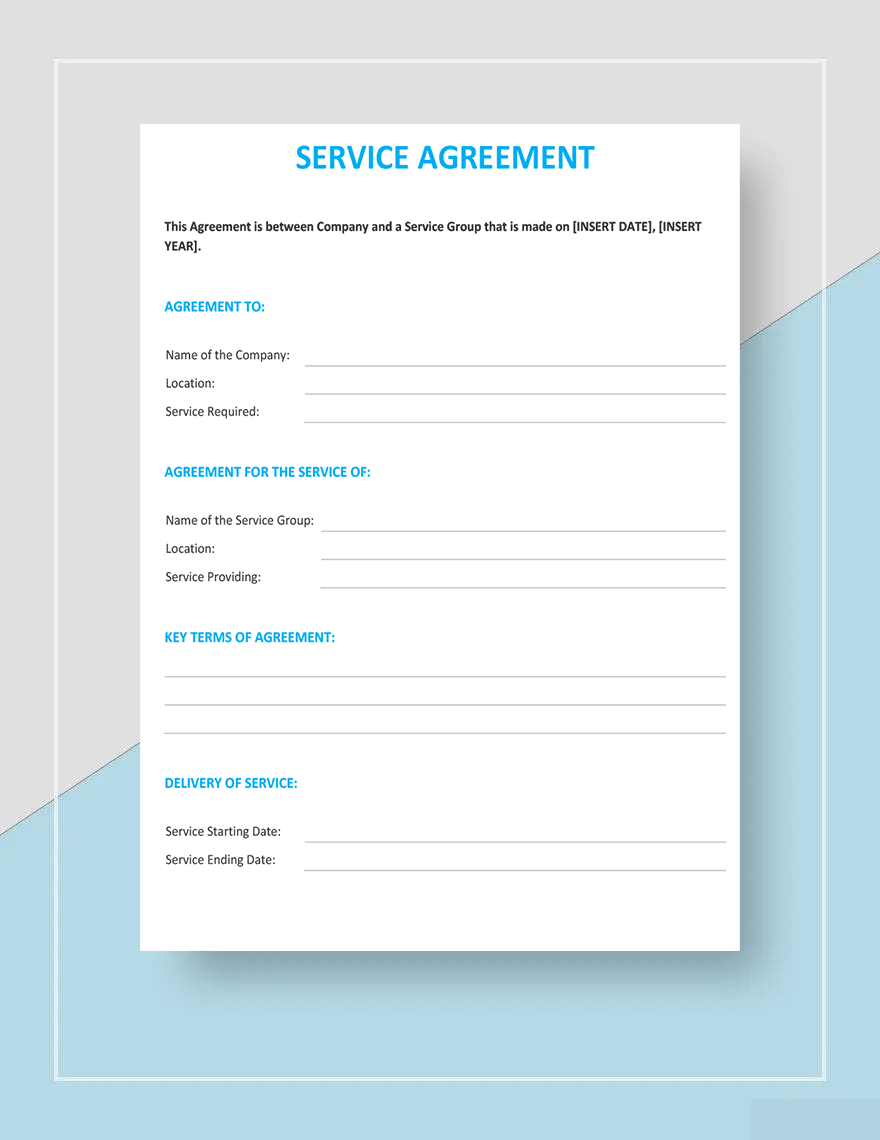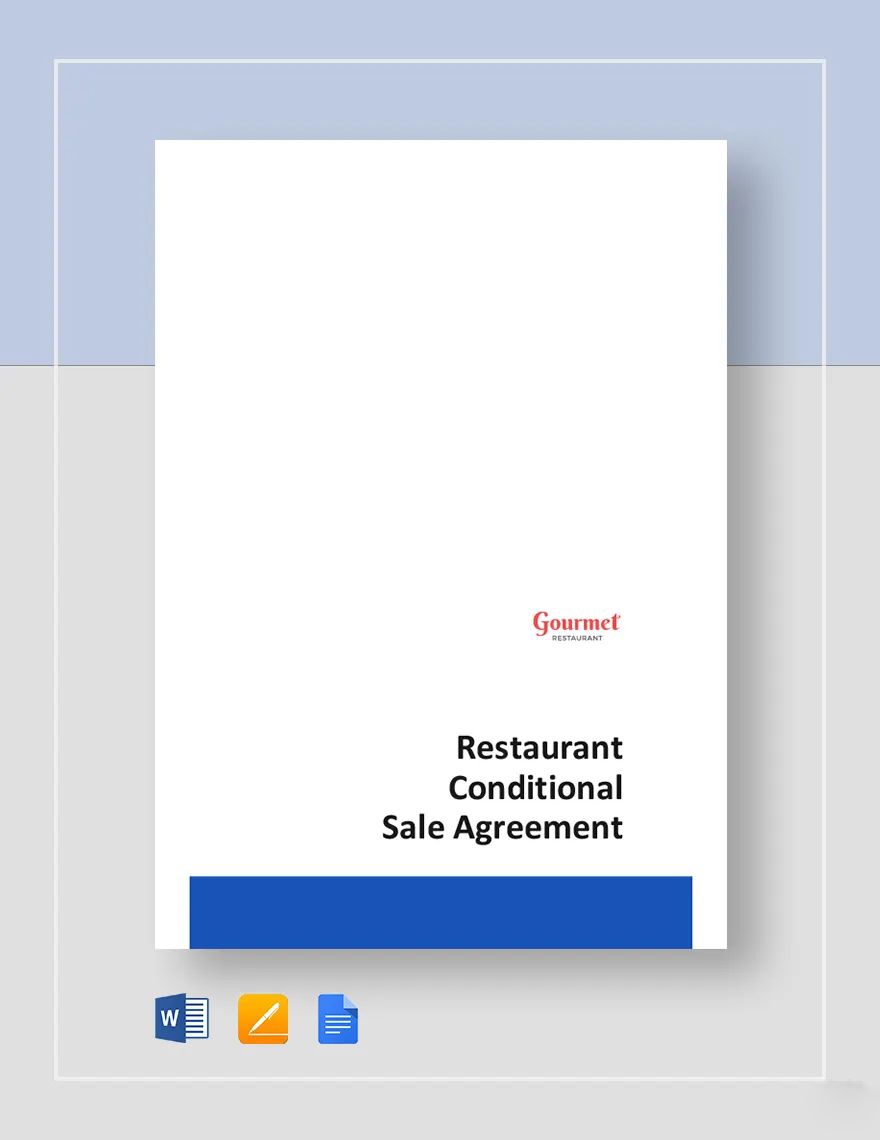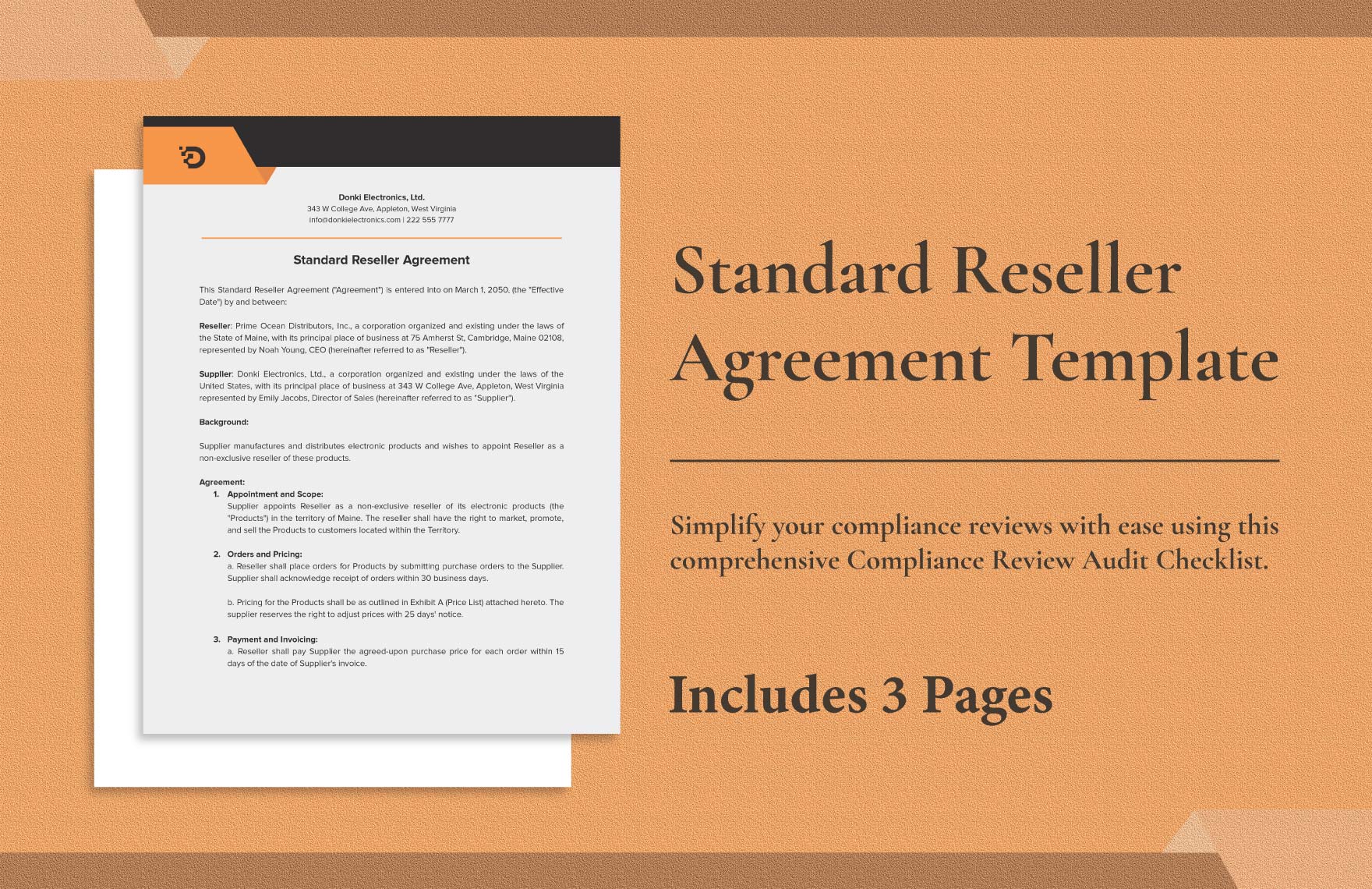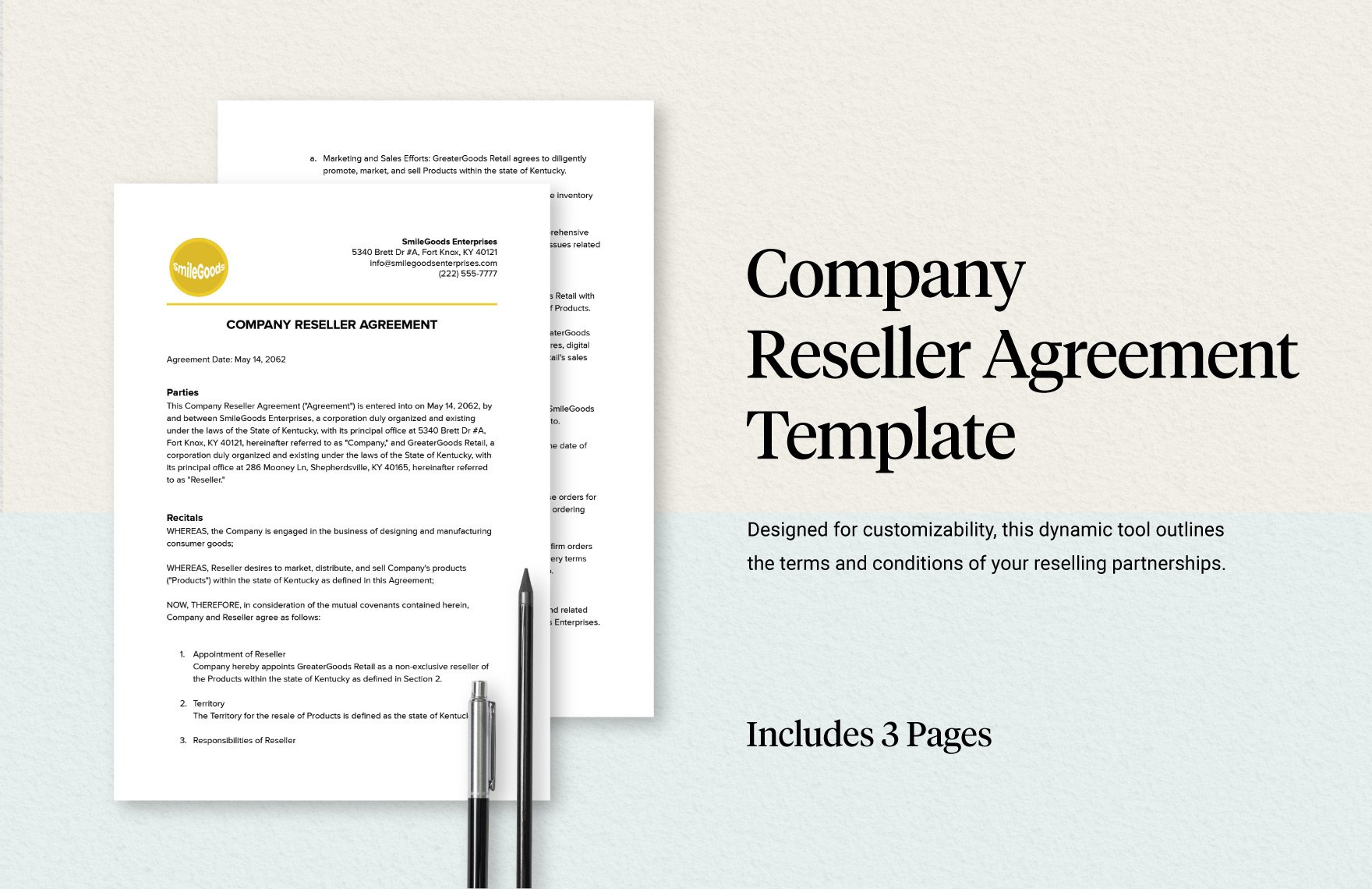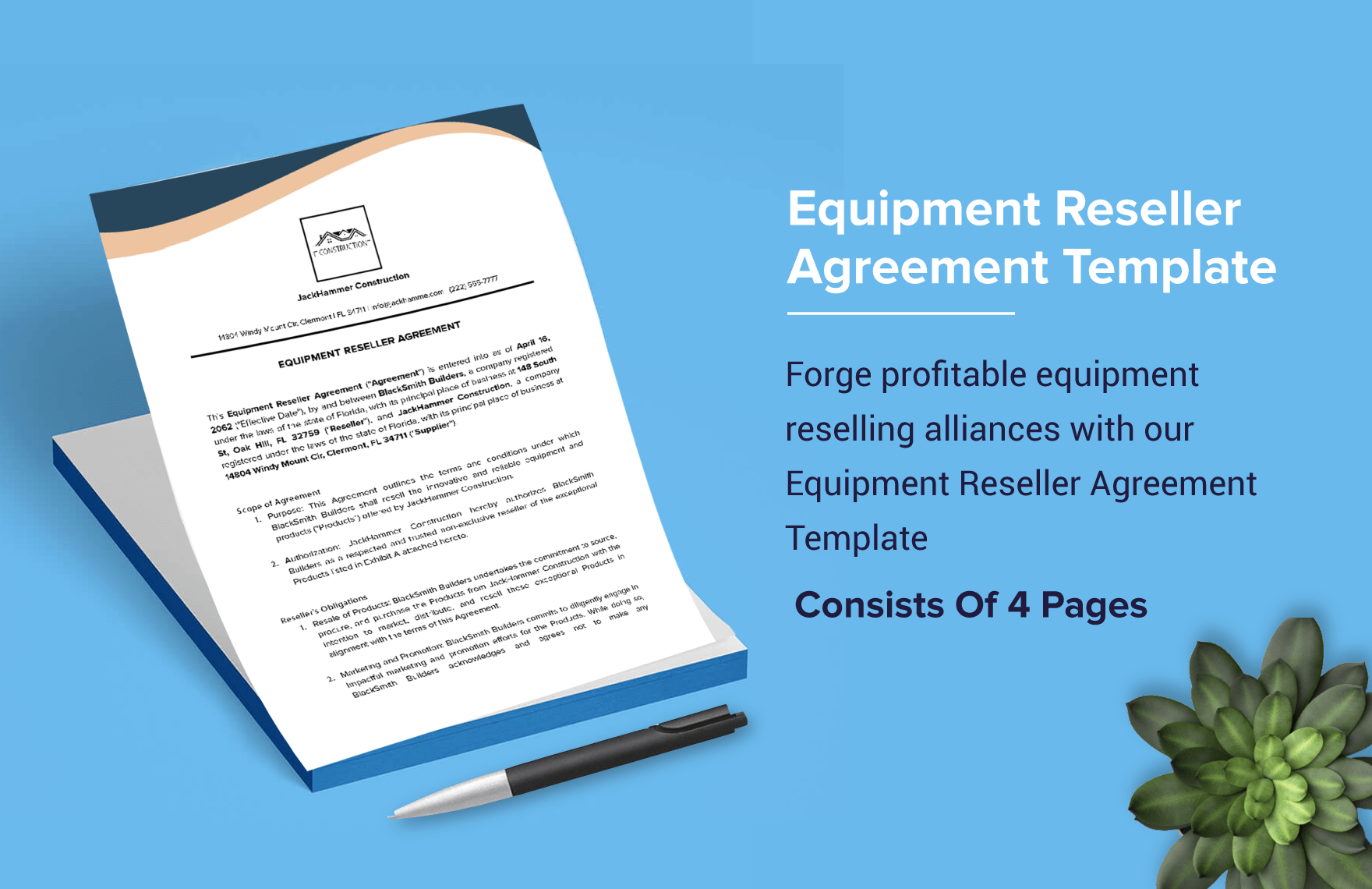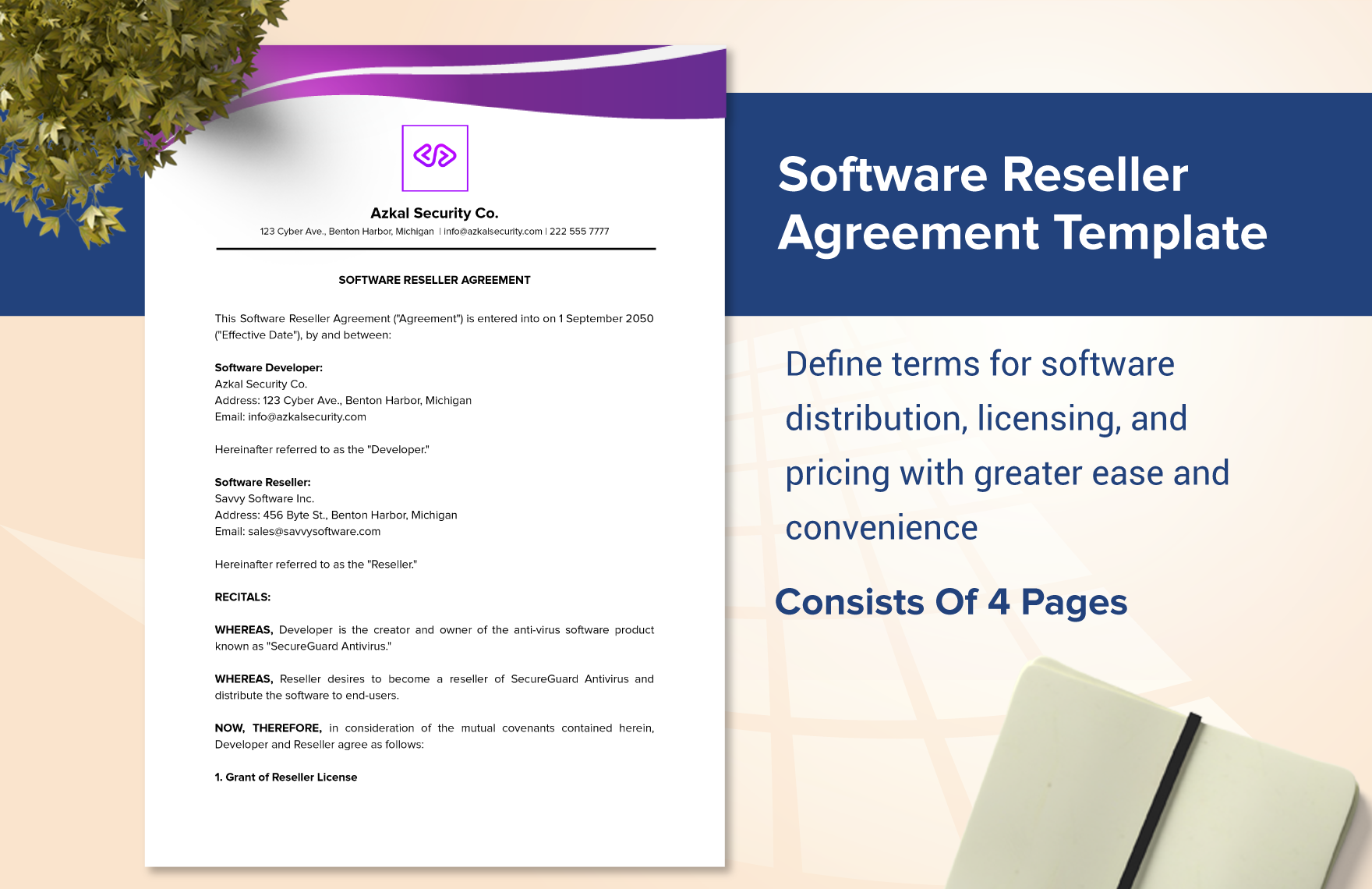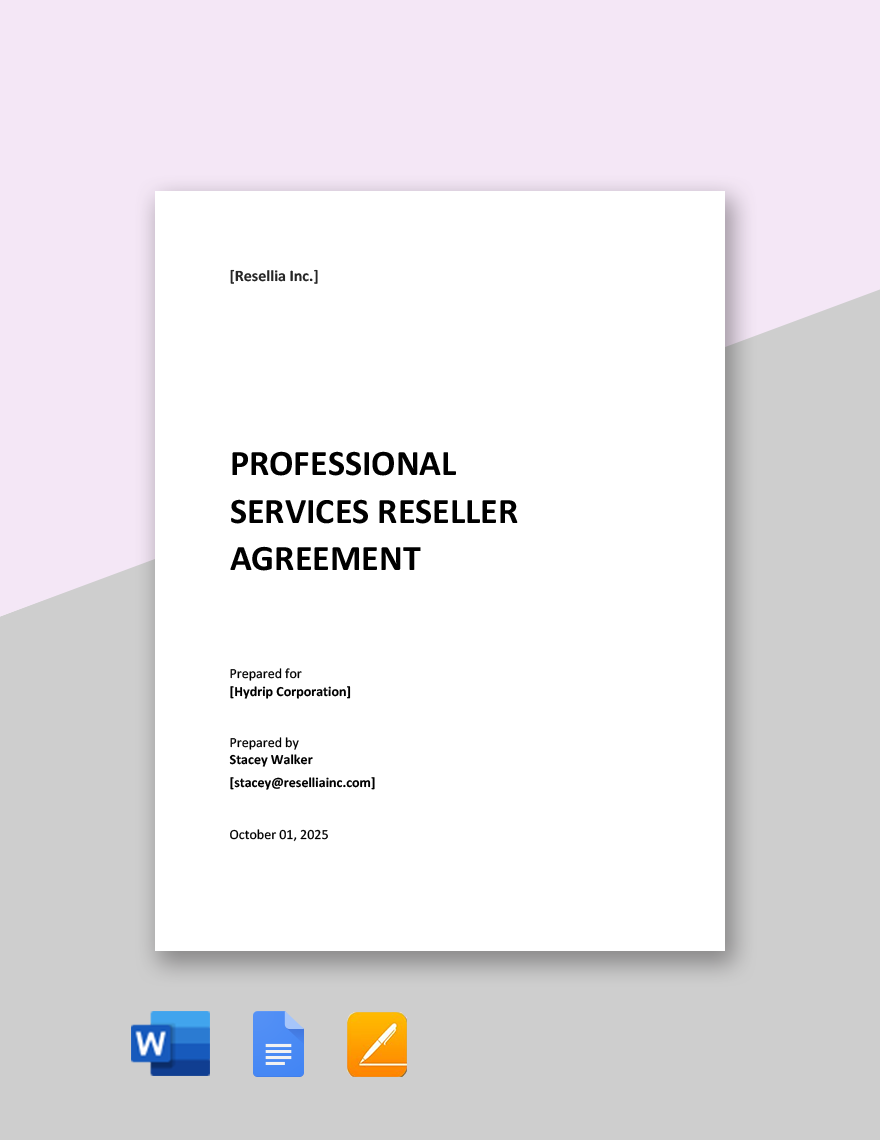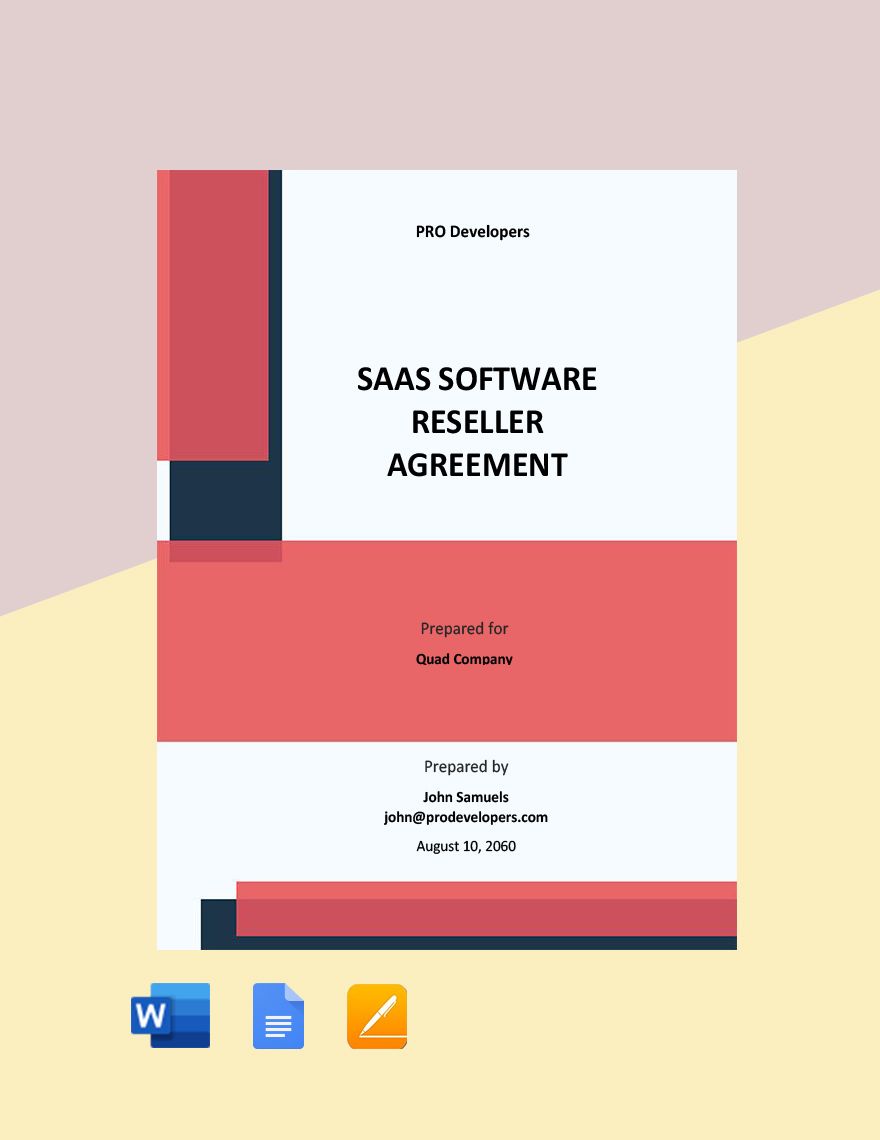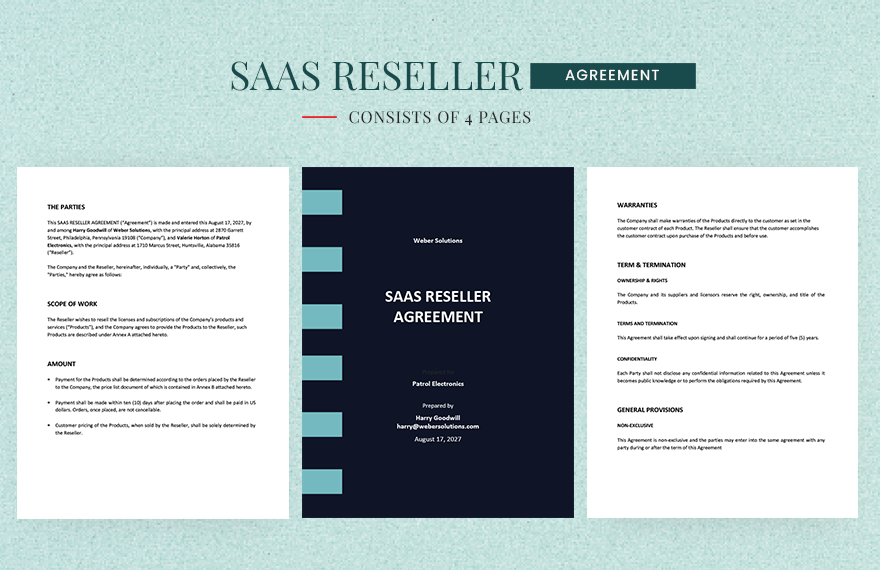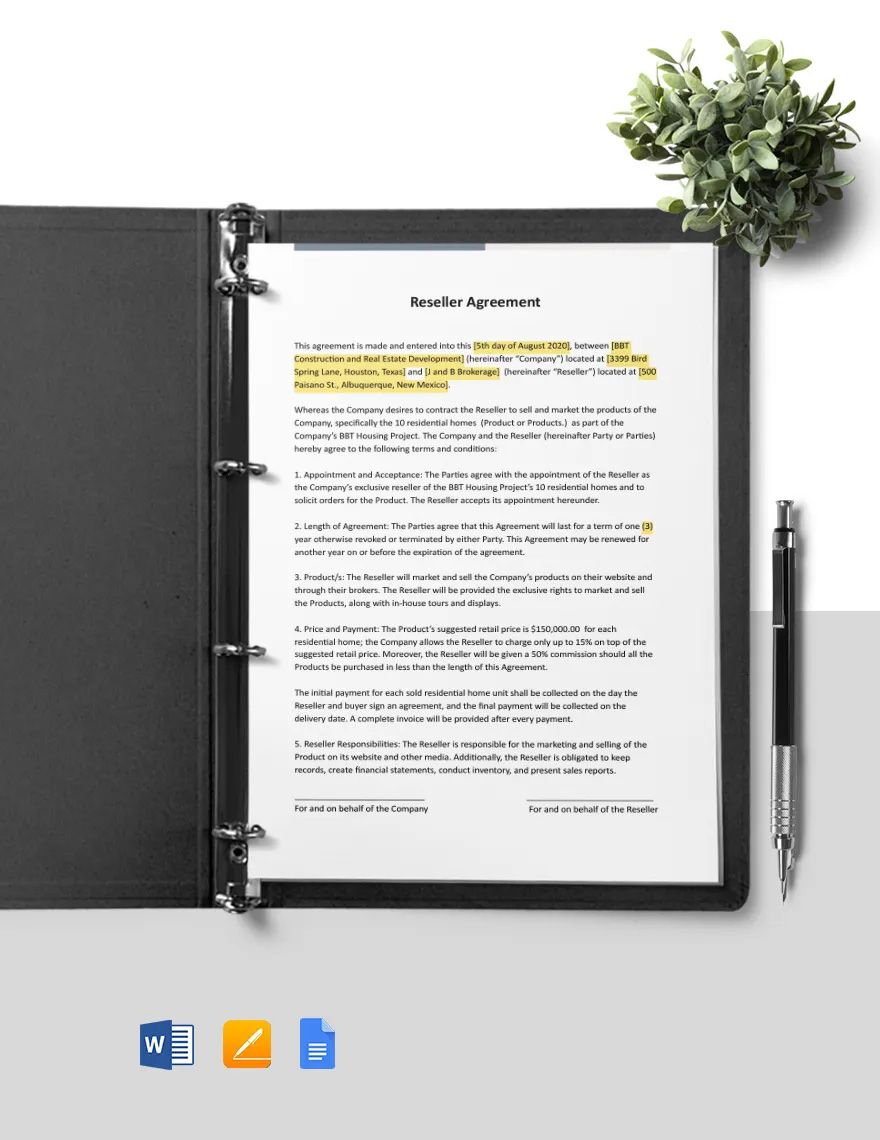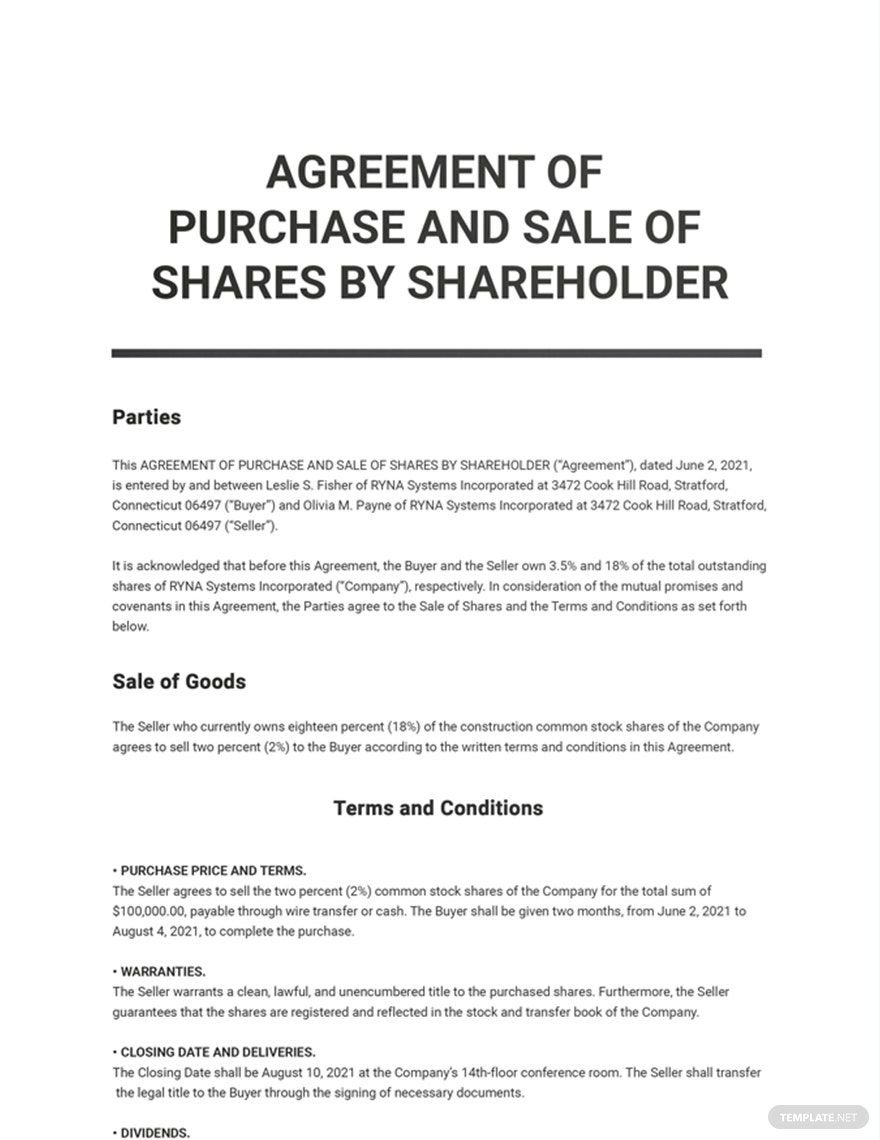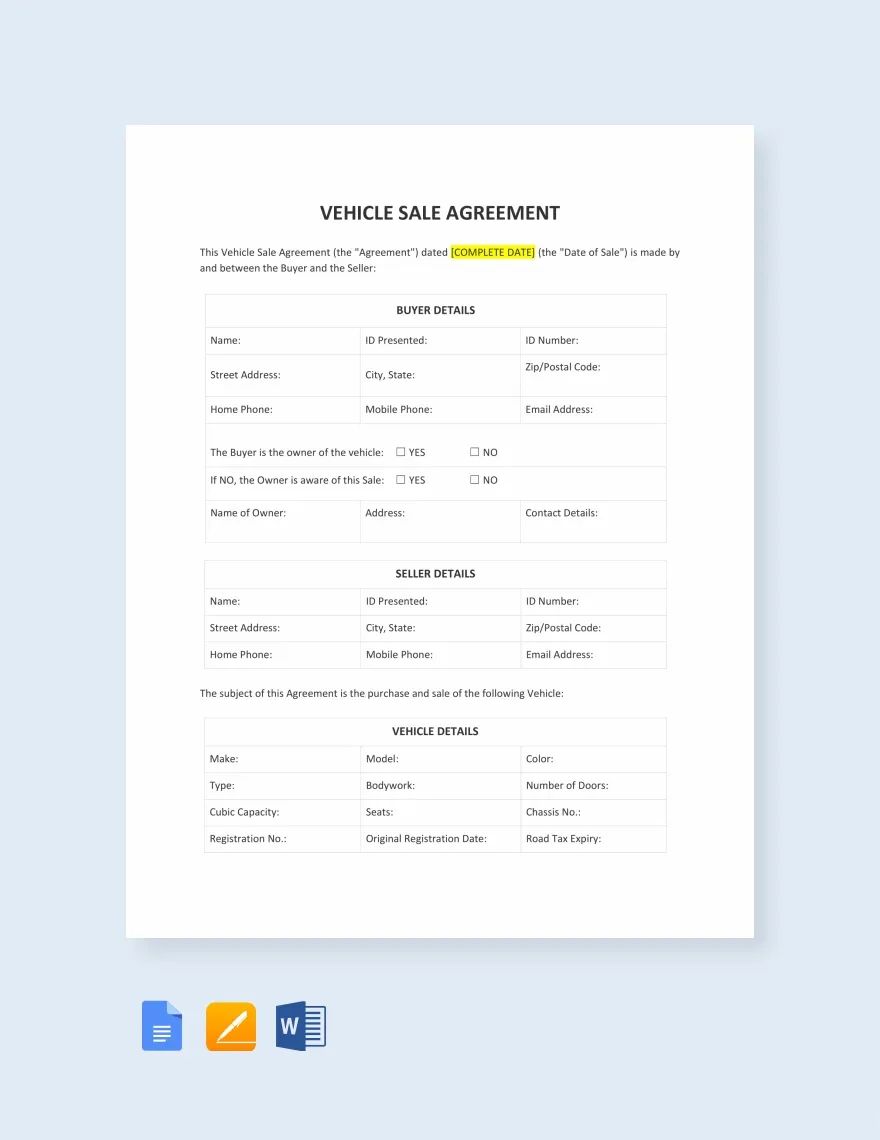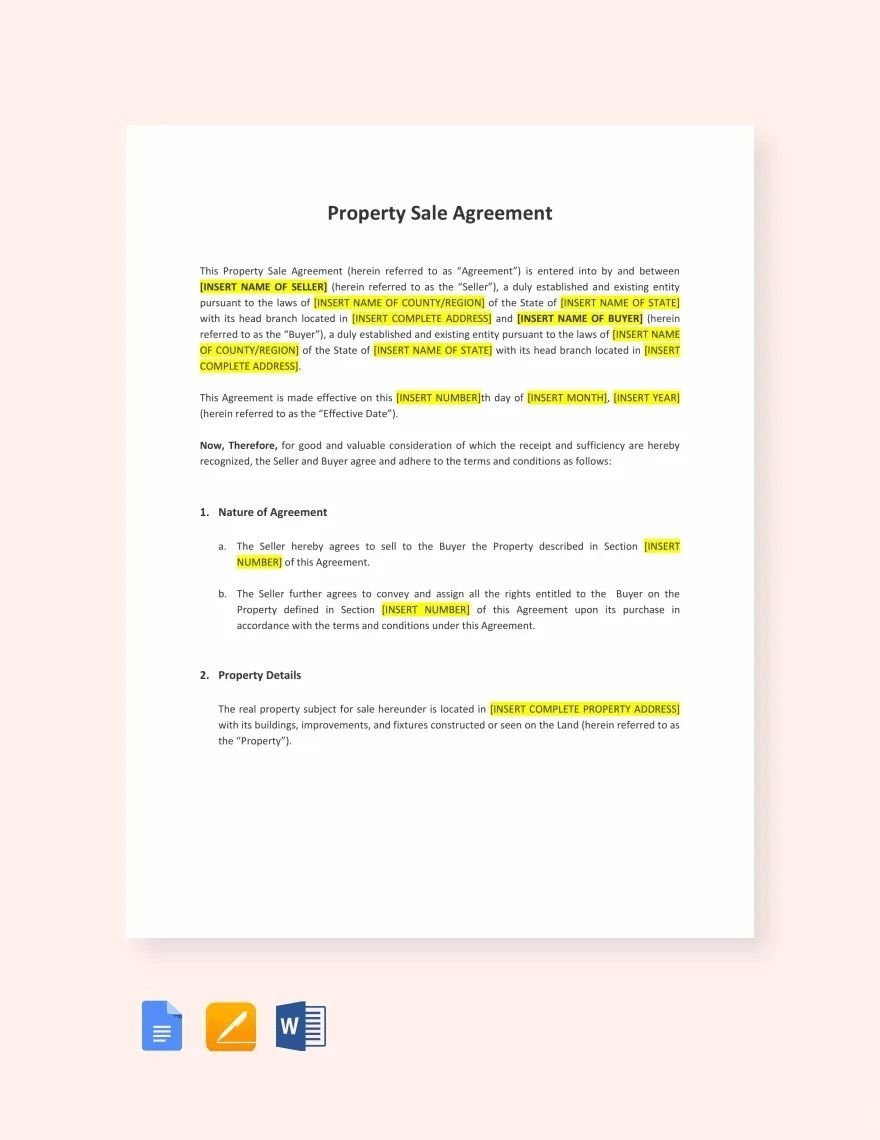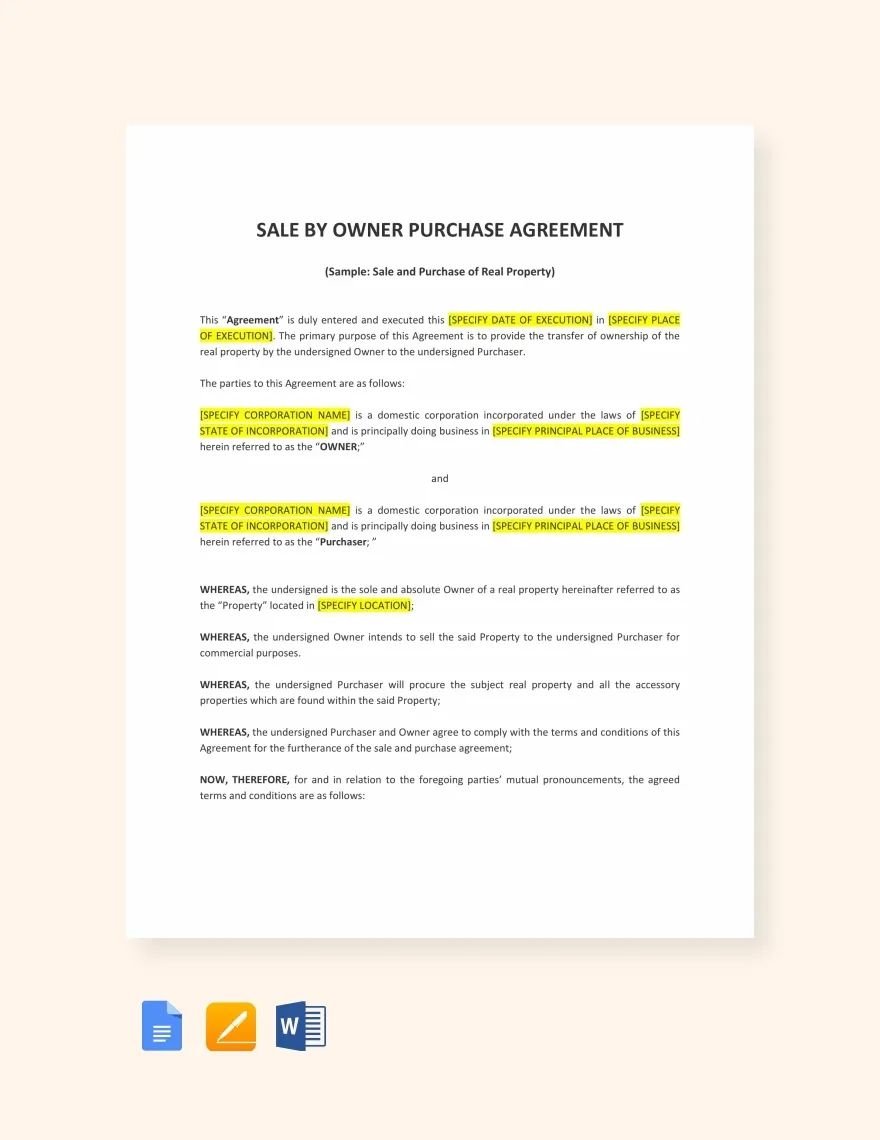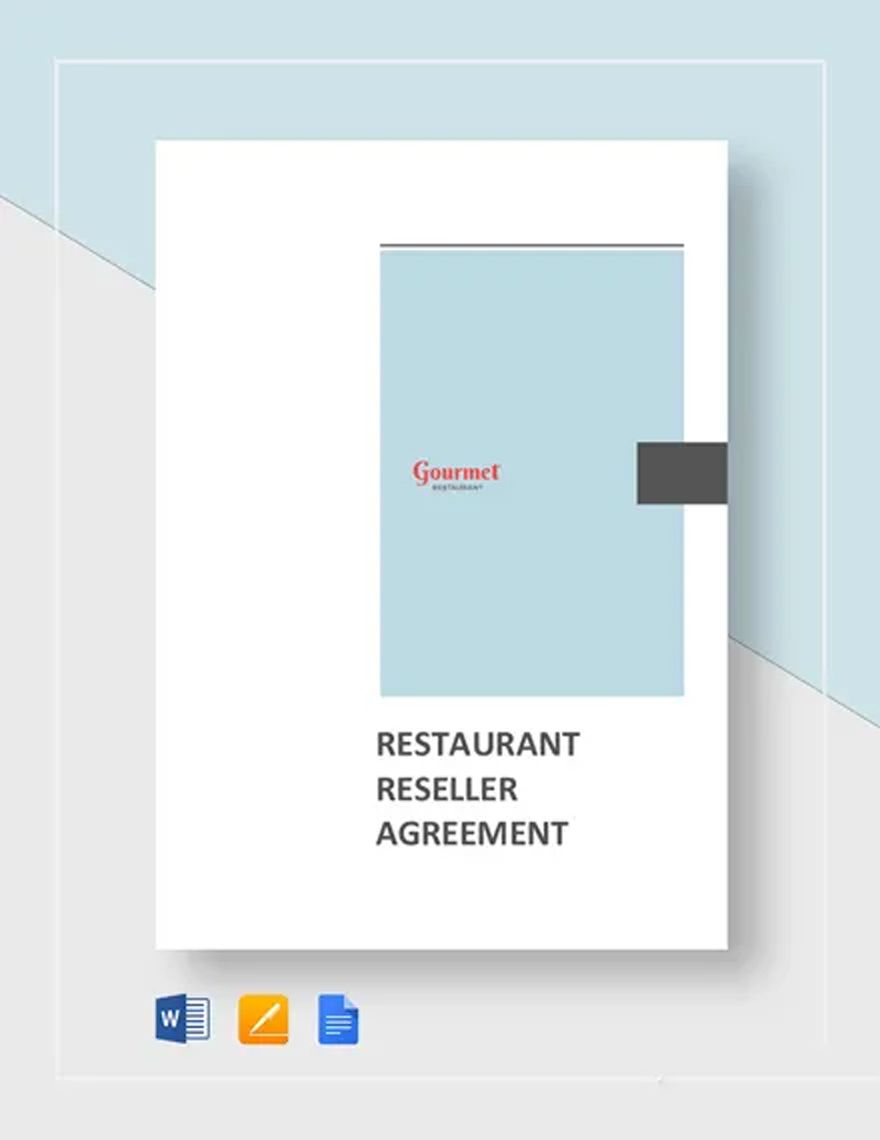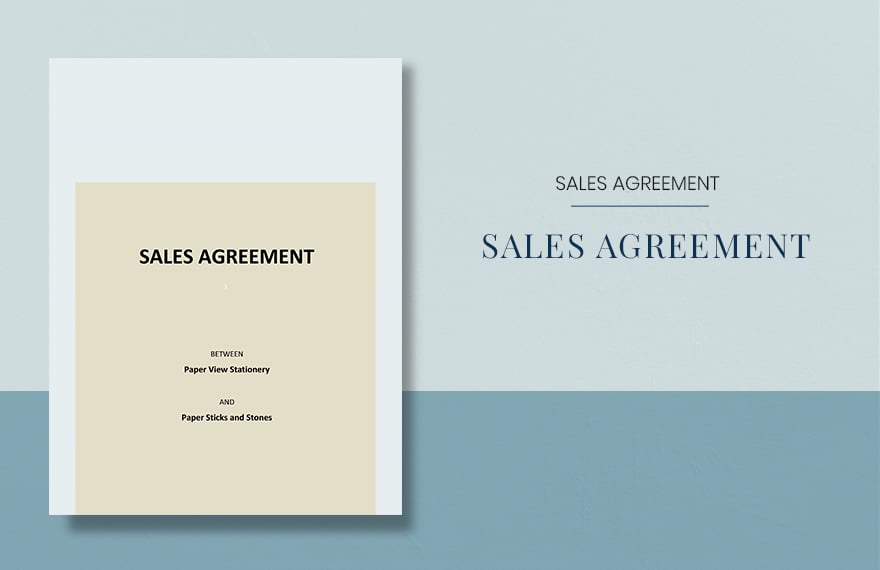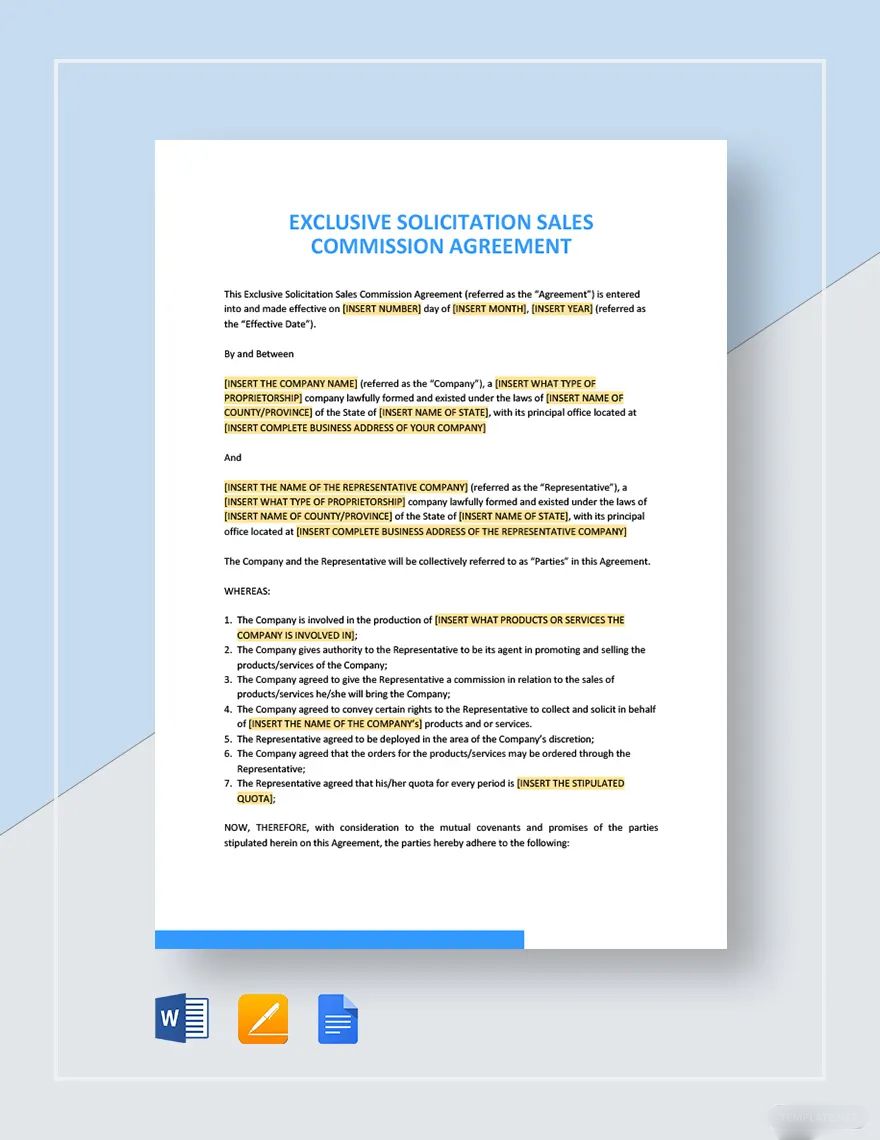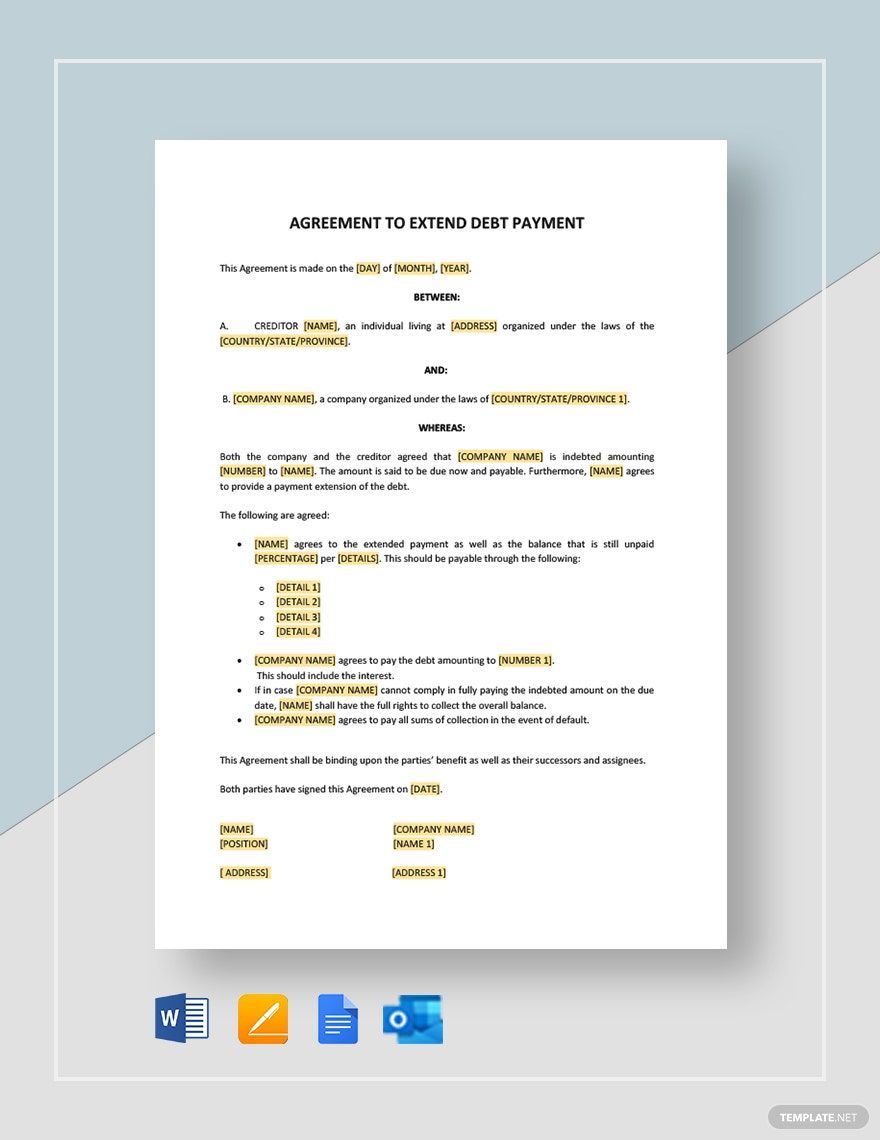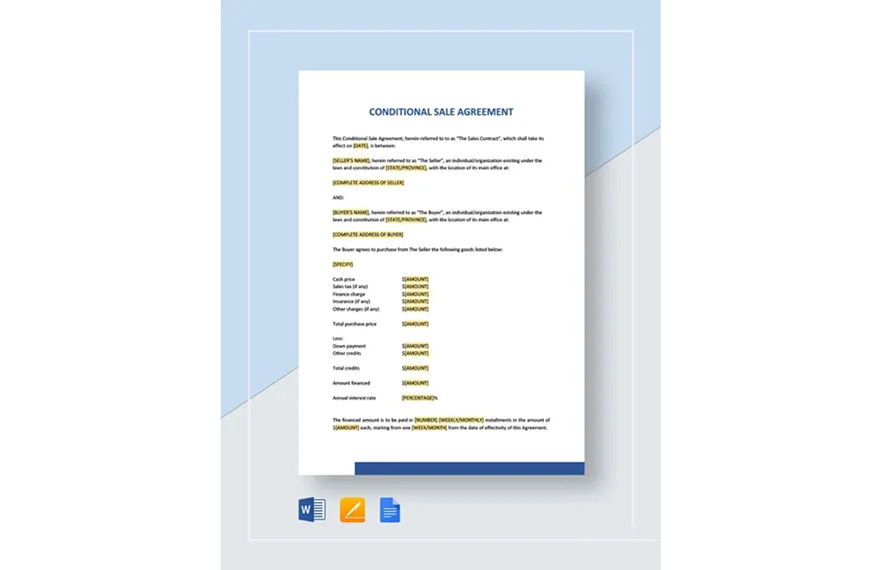Make Your Business Partnerships Shine with Reseller Agreement Templates from Template.net
Keep your business ventures professional, streamlined, and legally sound with Reseller Agreement Templates from Template.net. These templates are perfect for entrepreneurs, business owners, and legal professionals looking to establish clear and concise reseller partnerships. Use them to outline the terms of your agreements, ensuring that both parties are on the same page. Whether you're looking to promote a new product launch or invite partners to join an upcoming business event, these templates offer an excellent way to establish legal clarity and professionalism. Each template comes with essential sections for party details, agreement terms, and signature lines, eliminating the need for legal jargon expertise. Experience professional-grade designs that are easy to customize according to your specific needs.
Discover the many Reseller Agreement Templates we have on hand, tailored to suit various business scenarios. Start by selecting a template that matches your industry or partnership type, then simply swap in your details, tweak the colors, and adjust the fonts to reflect your brand's identity. Enhance your documents by dragging and dropping icons or graphics, or adding AI-powered text tools to craft compelling agreement terms. The process is designed to be engaging and hassle-free, ensuring that anyone, regardless of their experience level, can create professional agreements. With regularly updated templates and new designs added weekly, you’ll always have fresh options available. When you're finished, easily download or print them for distribution, ensuring your agreements are in hand when needed.

